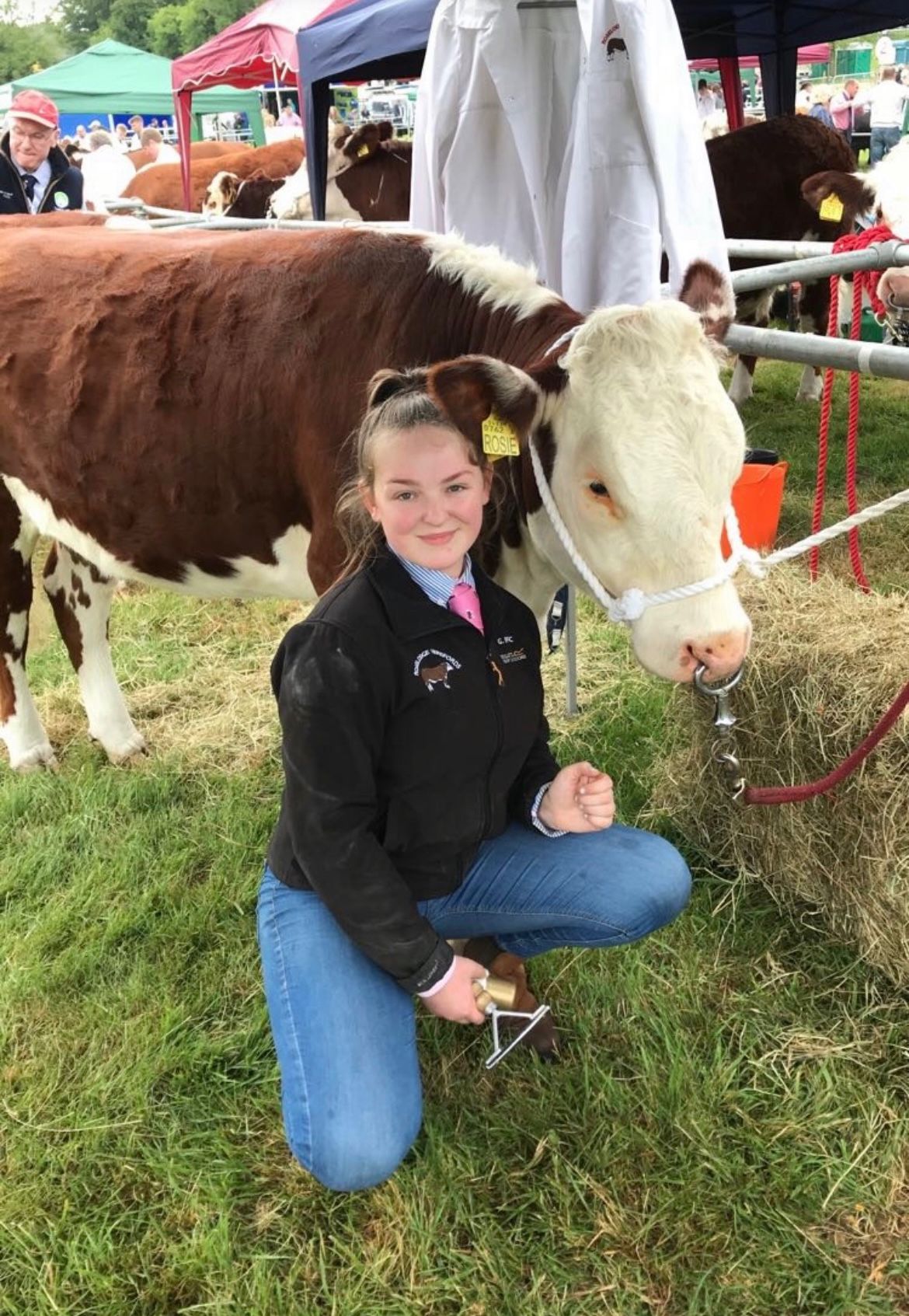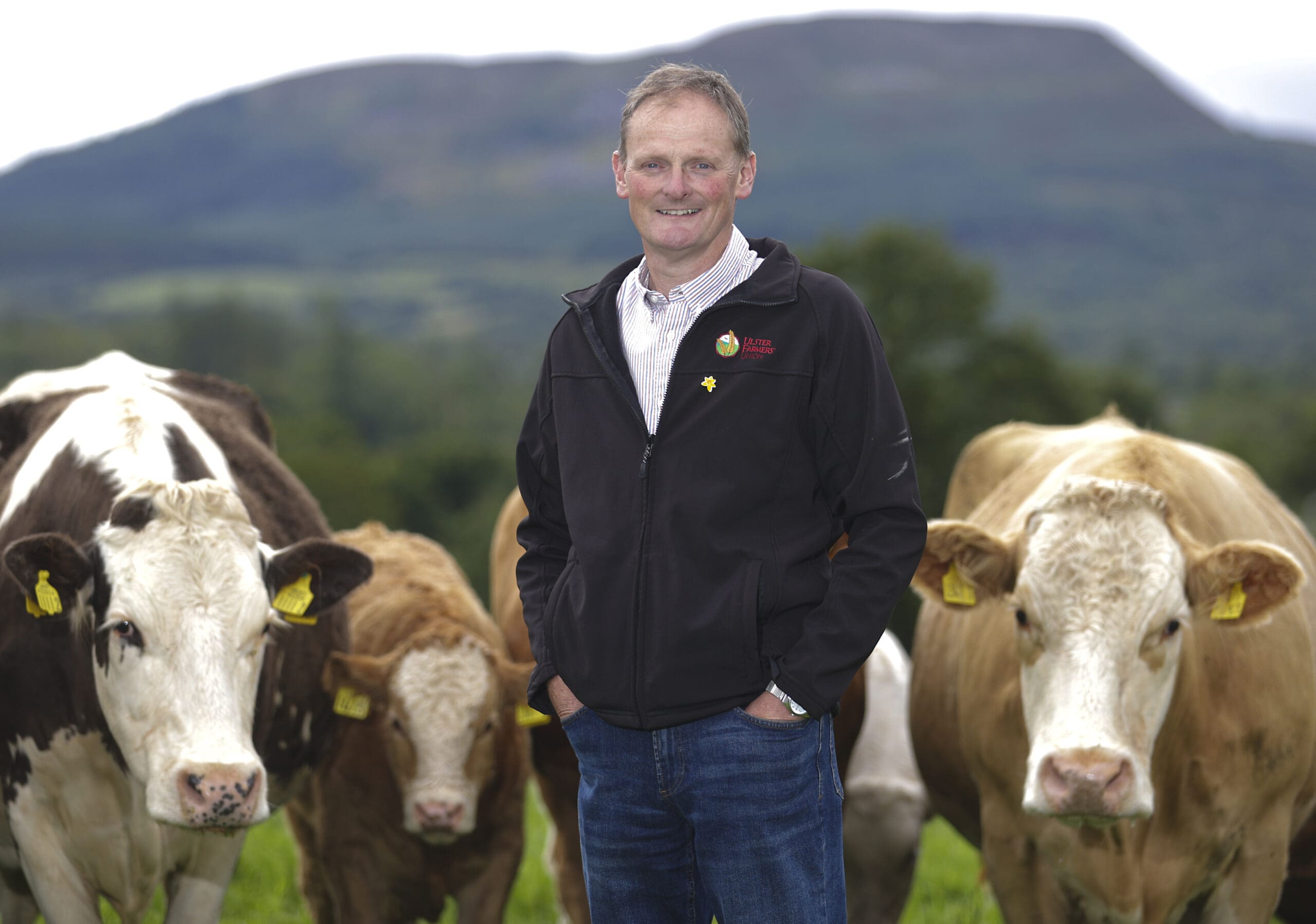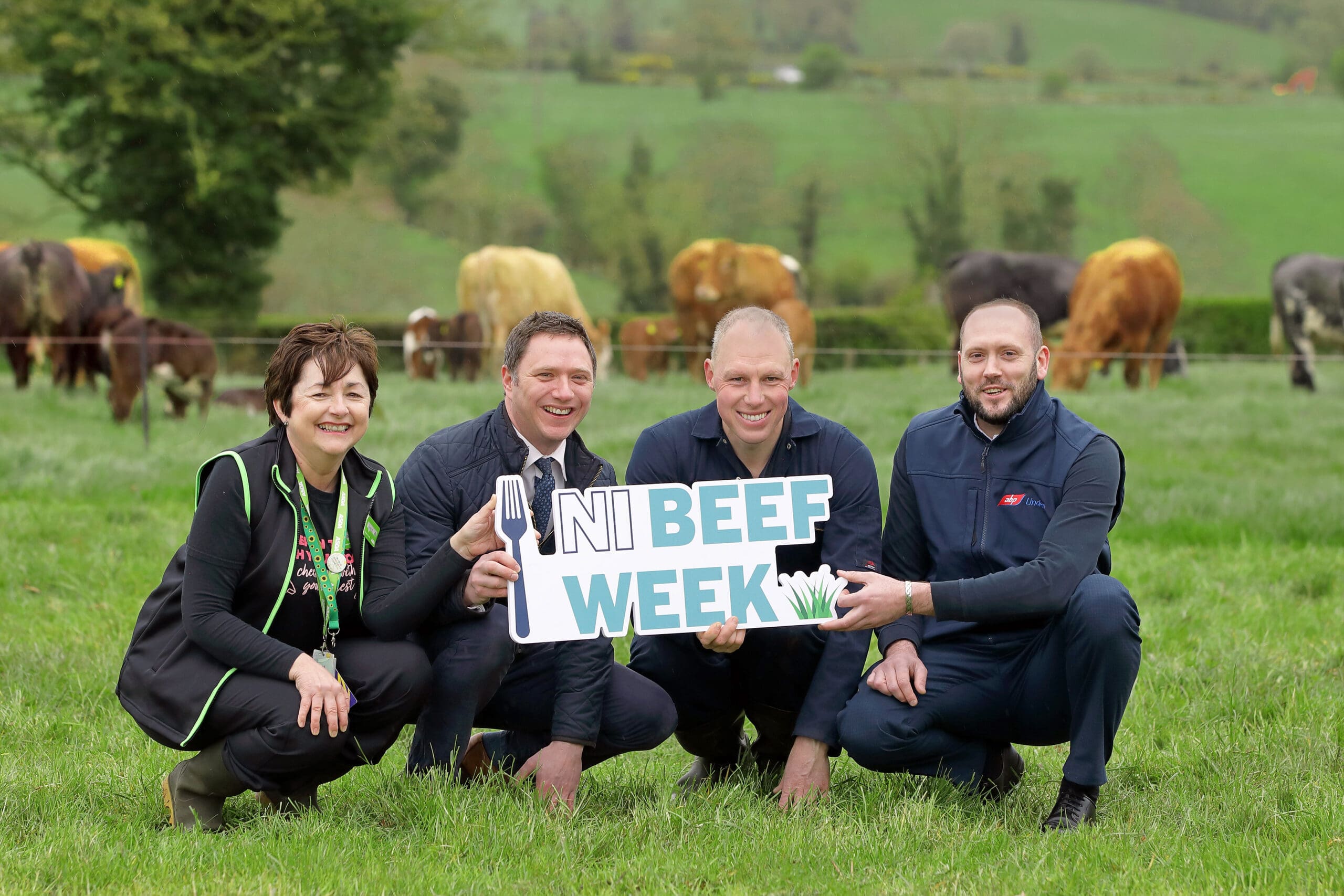The Ulster Farmers’ Union has expressed disappointment following a vote by MEPs where a proposed amendment to the financial discipline mechanism, which would have removed the €5000 exemption threshold, was rejected. The EU Commission has proposed cuts to direct payments under the financial discipline mechanism, which can be triggered to keep the overall Common Agriculture Policy (CAP) within the set budget limits. The proposal from the EU Commission came after EU heads of state agreed a reduction in the overall 2014-20 EU budget, although this budget is still to be ratified by the EU Parliament.
UFU President Harry Sinclair said; “The Union is very disappointed that the amendment was rejected. Removing the €5000 exemption clause from the financial discipline mechanism would have ensured that all farmers receiving a direct payment under the CAP were treated equally and the cuts would then have been spread across a greater pool of people, lessening the impact on any one individual. As it stands now, those who receive more that €5000 will bear the brunt of the cuts.
“It is a frustrating situation, especially given there is already a precedent here in Northern Ireland. There is no exemption threshold for voluntary modulation here and we see no reason why this principle could not have been applied to the financial discipline mechanism.
“The proposed cuts to direct payments could not come at a worse time. It has been an incredibly hard year for our farmers with a drop in farm incomes, severe weather and fodder shortages.
However, farmers here at home can find some consolation in that towards the end of last year our Agriculture Minister agreed to suspend NI voluntary modulation for 2013 and the Single Farm Payment exchange rate is also looking like it will work in our favour come September.
“A final decision on the exemption threshold has not yet been taken and it is still possible that a compromise may be reached as discussions between the EU Commission, EU Parliament, and the Agriculture Council are continuing.”




